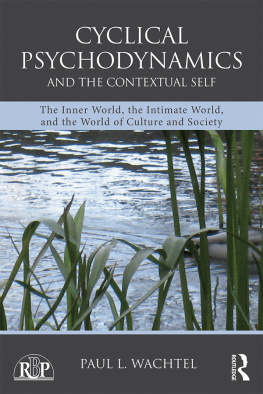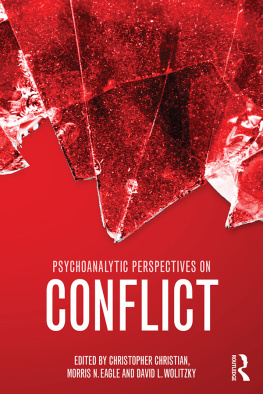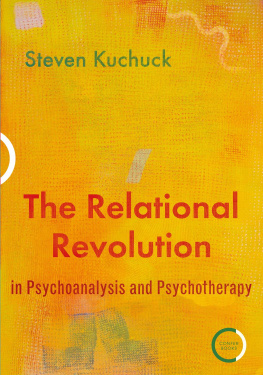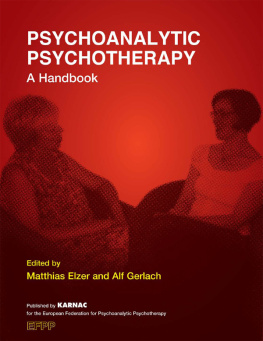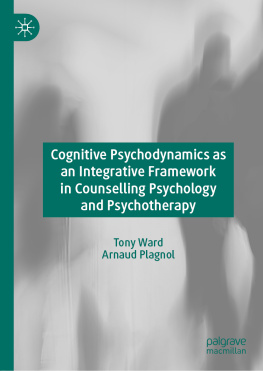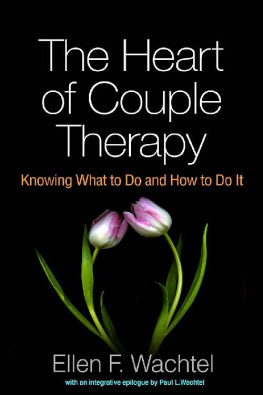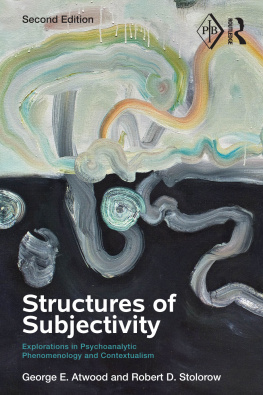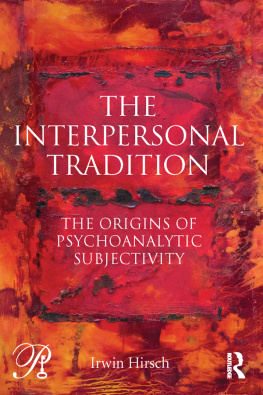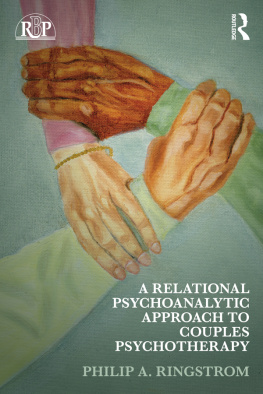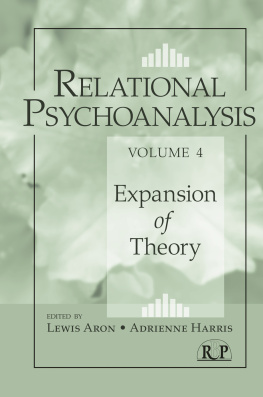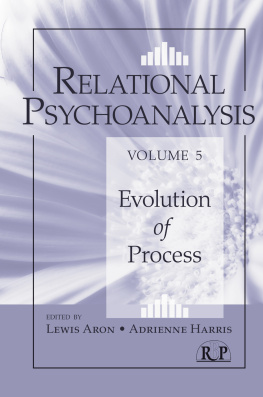Paul L. Wachtel - Cyclical Psychodynamics and the Contextual Self: The Inner World, the Intimate World, and the World of Culture and Society
Here you can read online Paul L. Wachtel - Cyclical Psychodynamics and the Contextual Self: The Inner World, the Intimate World, and the World of Culture and Society full text of the book (entire story) in english for free. Download pdf and epub, get meaning, cover and reviews about this ebook. year: 2014, publisher: Routledge, genre: Religion. Description of the work, (preface) as well as reviews are available. Best literature library LitArk.com created for fans of good reading and offers a wide selection of genres:
Romance novel
Science fiction
Adventure
Detective
Science
History
Home and family
Prose
Art
Politics
Computer
Non-fiction
Religion
Business
Children
Humor
Choose a favorite category and find really read worthwhile books. Enjoy immersion in the world of imagination, feel the emotions of the characters or learn something new for yourself, make an fascinating discovery.
- Book:Cyclical Psychodynamics and the Contextual Self: The Inner World, the Intimate World, and the World of Culture and Society
- Author:
- Publisher:Routledge
- Genre:
- Year:2014
- Rating:4 / 5
- Favourites:Add to favourites
- Your mark:
Cyclical Psychodynamics and the Contextual Self: The Inner World, the Intimate World, and the World of Culture and Society: summary, description and annotation
We offer to read an annotation, description, summary or preface (depends on what the author of the book "Cyclical Psychodynamics and the Contextual Self: The Inner World, the Intimate World, and the World of Culture and Society" wrote himself). If you haven't found the necessary information about the book — write in the comments, we will try to find it.
Cyclical Psychodynamics and the Contextual Self articulates in new ways the essential features and most recent extensions of Paul Wachtels powerfully integrative theory of cyclical psychodynamics. Wachtel is widely regarded as the leading advocate for integrative thinking in personality theory and the theory and practice of psychotherapy. He is a contributor to cutting edge thought in the realm of relational psychoanalysis and to highlighting the ways in which the relational point of view provides especially fertile ground for integrating psychoanalytic insights with the ideas and methods of other theoretical and therapeutic orientations.
In this book, Wachtel extends his integration of psychoanalytic, cognitive-behavioral, systemic, and experiential viewpoints to examine closely the nature of the inner world of subjectivity, its relation to the transactional world of daily life experiences, and the impact on both the larger social and cultural forces that both shape and are shaped by individual experience. Here, he discusses in a uniquely comprehensive fashiong the subtleties of the clinical interaction, the findings of systematic research, and the role of social, economic, and historical forces in our lives. The chapters in this book help to transcend the tunnel vision that can lead therapists of different orientations to ignore the important discoveries and innovations from competing approaches.
Explicating the pervasive role of vicious circles and self-fulfilling prophecies in our lives, Cyclical Psychodynamics and the Contextual Self shows how deeply intertwined the subjective, the intersubjective, and the cultural realms are, and points to new pathways to therapeutic and social change. Both a theoretical tour de force and an immensely practical guide to clinical practice, this book will be essential reading for psychoanalysts, psychotherapists and students of human behavior of all backgrounds and theoretical orientations.
Paul L. Wachtel: author's other books
Who wrote Cyclical Psychodynamics and the Contextual Self: The Inner World, the Intimate World, and the World of Culture and Society? Find out the surname, the name of the author of the book and a list of all author's works by series.

